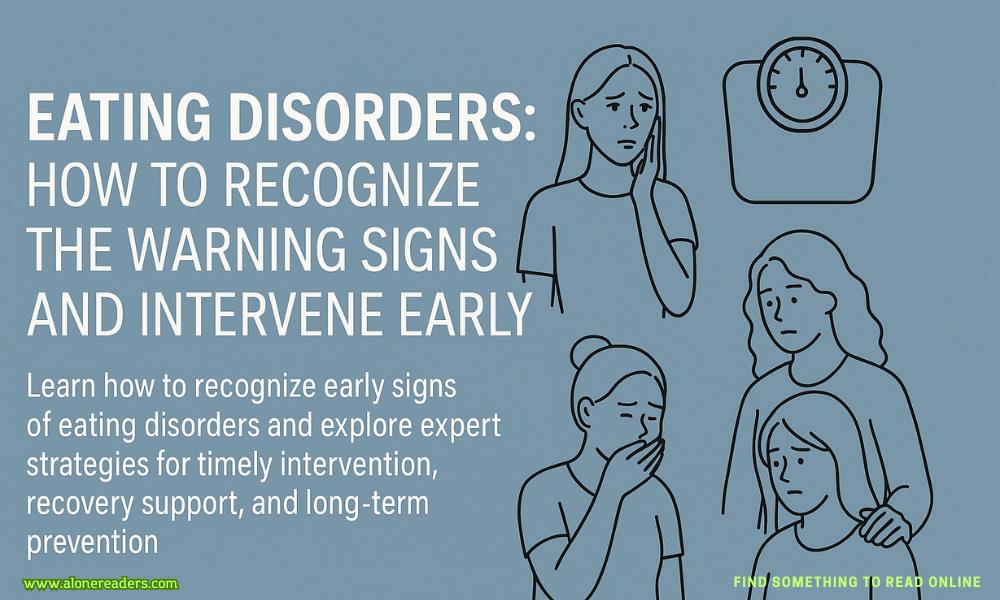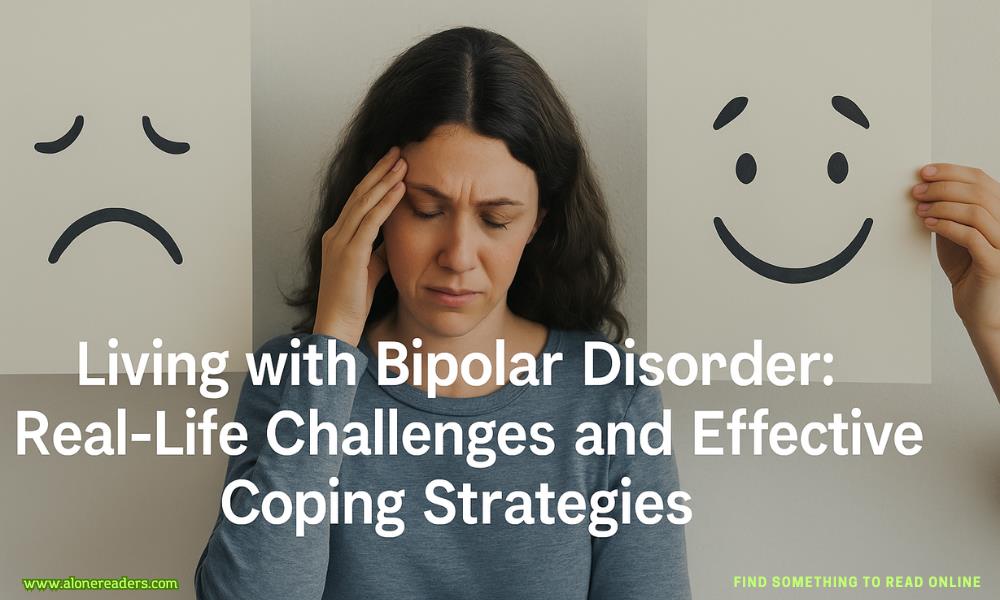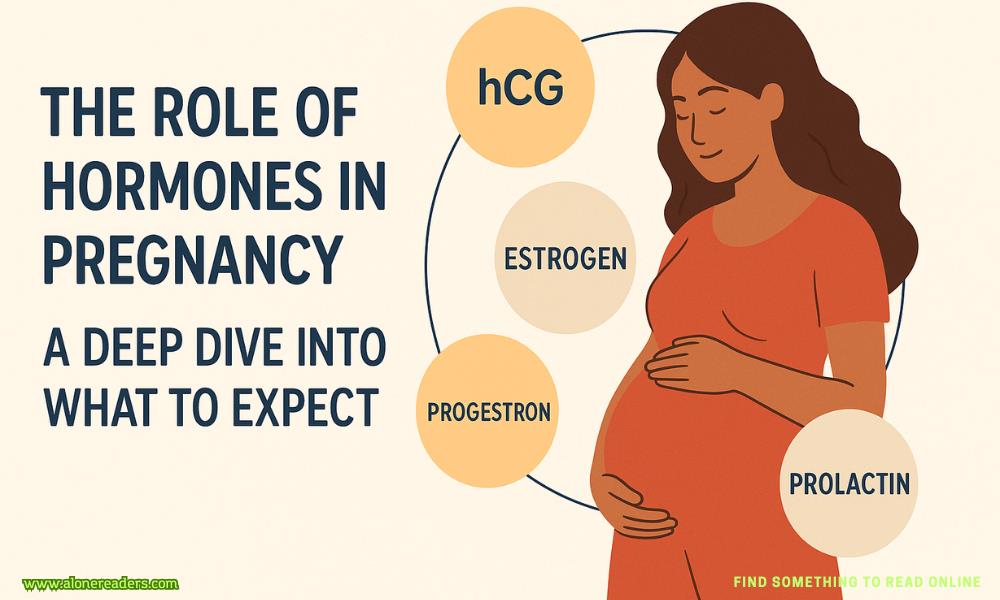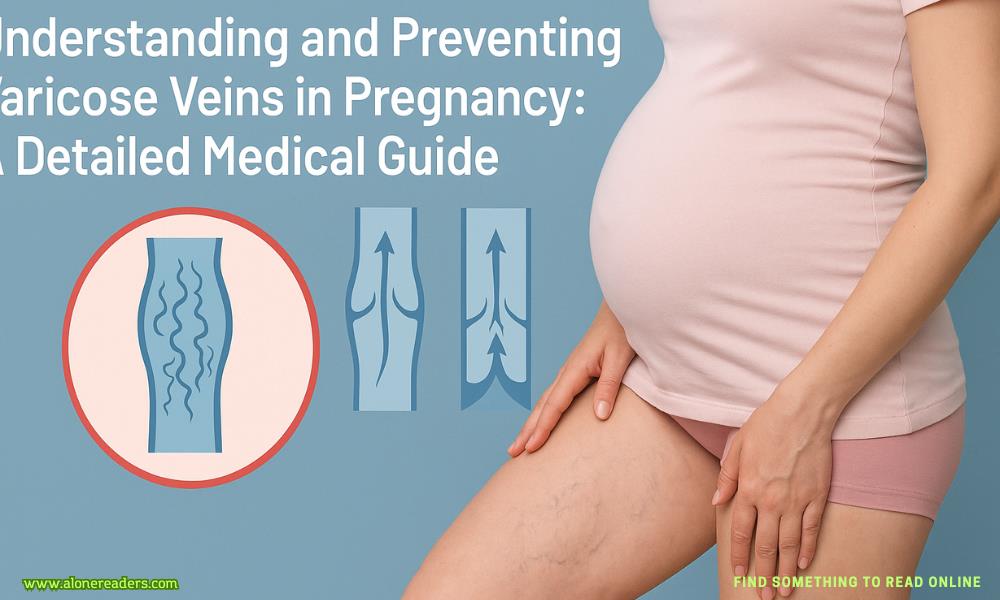Page 32 of Stay With Me
Annette nods. “I think that’s very insightful of you.” She clears her throat and puts down her clipboard on her cluttered desk. “For today, I thought we could work on tactics for how you can acutely handle the triggering memories when they come. Then, in future sessions, we’ll tackle some of the negative self-beliefs that your trauma has created. Are you ready?”
“Negative self-beliefs? From Teddy dying? I’m not sure I have any of those.”
Annette looks at me for several long seconds before speaking again.
“We’ve been seeing each other for a little over a month now. You’ve shared a lot with me about your relationship with your parents and about things that happened over the course of your relationship with Teddy that had a significant effect on you. Things that were also traumatic—though admittedly not as intense as his dying. Do you agree?”
I pause, recollections of ways both my parents and Teddy hurt me wash over me and tears suddenly fill my eyes then trickle down my cheeks.
Annette says nothing, just slides me a box of tissues.
I sniffle. “Sure, those things hurt, sometimes a lot, but everyone goes through things like that.”
“True, lots of people’s parents fail them, and partners are unfaithful sometimes, but that doesn’t mean it hasn’t been traumatic for you, that it hasn’t affected you. And it’s okay to invest in yourself and do the work to deal with how those traumas have impacted you.”
I look down at my hands, not able to meet her gaze.
My next words come out as a whisper. “Even if it’s my fault? If I set myself up for being hurt repeatedly?”
“Tell me more about that.” Her voice is kind, oozing with patience.
“Wh-what do you mean?” I ask, still crying.
“How is it your fault that other people hurt you?”
I shrug my shoulders and wish I hadn’t brought it up. I try not answering, but Annette has mastered the art of silence. And I learned early in our sessions that she can wait me out.
I sigh.
“Because. I can’t trust my judgment. Look at my track record. I never learned to stop hoping that things would be different with my parents, right up to the moment I stood in my wedding dress believing that my mom and dad would show up for me because they said they would. Spoiler alert, they didn’t.”
She says nothing and I take a deep breath, rage filling my veins. At who? I’m not really sure. But the floodgate is open, and a tsunami of emotions is barreling toward me with a fury.
Fine, Annette, you want me to talk? I’ll talk!
“And Teddy. Jesus, he had a good heart, and he loved me. I know he did. But how many times did he have to hurt me over the years for me to learn my lesson? I fucking lost myself to that man and for what? I loved him, but I let his needs and his energy shroud me until I got to the point I don’t even know myself anymore. So, yeah, I can’t trust myself because I’m twenty-seven years old and my life is a damn mess since I’ve chosen wrong over and over again.” I stare at her, expecting a reaction at my outburst, but she just watches me pensively, her head tilted. “Say something!”
Annette smiles sadly and turns her chair slightly until she can reach her small filing cabinet. The metal drawer screeches as she pulls it open. She searches through the files and pulls a single piece of paper from it.
Great. She’s probably firing me as a patient for my raging and now I’ll have to start over with another therapist.
When she turns back to me, she hands me the white paper.
I swallow the lump in my throat and look down at it. It reads, “Negative core beliefs.”
“Emily, can you read the fifth statement in the negative beliefs column out loud for me?”
I glance down at the paper and stare at it, unable to speak for a moment. A fat tear escapes my right eye and plops onto it, creating a halo of moisture against the crisp white background.
I clear my throat, but my voice is still shaking when I read, “I can’t trust myself.” I continue to stare at the words, realization dawning on me. I’m not the only person who has ever felt this way, and perhaps, just maybe, there is hope that I can find that confident, fun-loving woman I occasionally remember. Perhaps I can learn to trust myself again.
“It’s not just me.” A statement—not a question. My voice is so soft that I’m not sure she can even hear me.
But she does. “No. It’s not just you. Believing that you can’t trust yourself is a common negative self-belief in people who have suffered trauma in their pasts.”
I glance up at her and nod.
Annette smiles at me and it radiates empathy and kindness. “I can see that was a lot for you. Do you feel up to learning some techniques to handle the triggering memories when they occur?”
- Daddy's Dirty Little Secret by Sofia T. Summers
- Sofa King Safe by Alexa Riley
- A Touch of Fate by Cora Reilly
- Mercy by Elizabeth Knox
- Veiled Vows by Ajme Williams
- Bending Over for My Tw!n by J. Snow
- Double Mountain Men by S.E. Law
- Fierce Vows by Jade Marshall
- Snowed in with the Mafia by Chloe Kent
- Claimed By a Knight by Lena Little
- Choke by Mila Crawford
- Stolen Princess's Secret by Kelly Hunter
- Wicked Games by Willow Dixon
- All Jacked Up by Abbi Glines
- Scatter the Bones by Autumn Jones Lake
- Need You to Choose Me by B. Celeste







